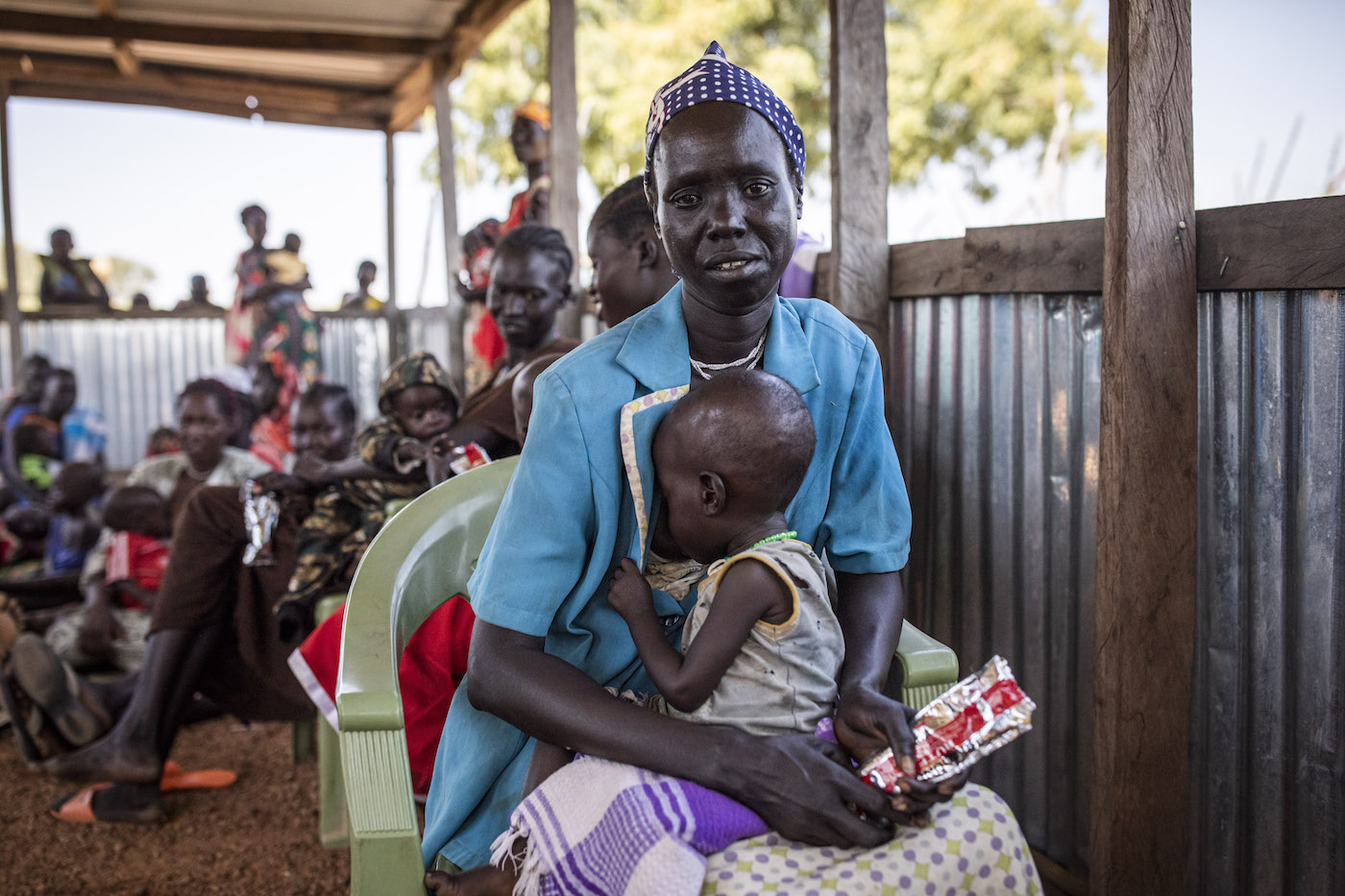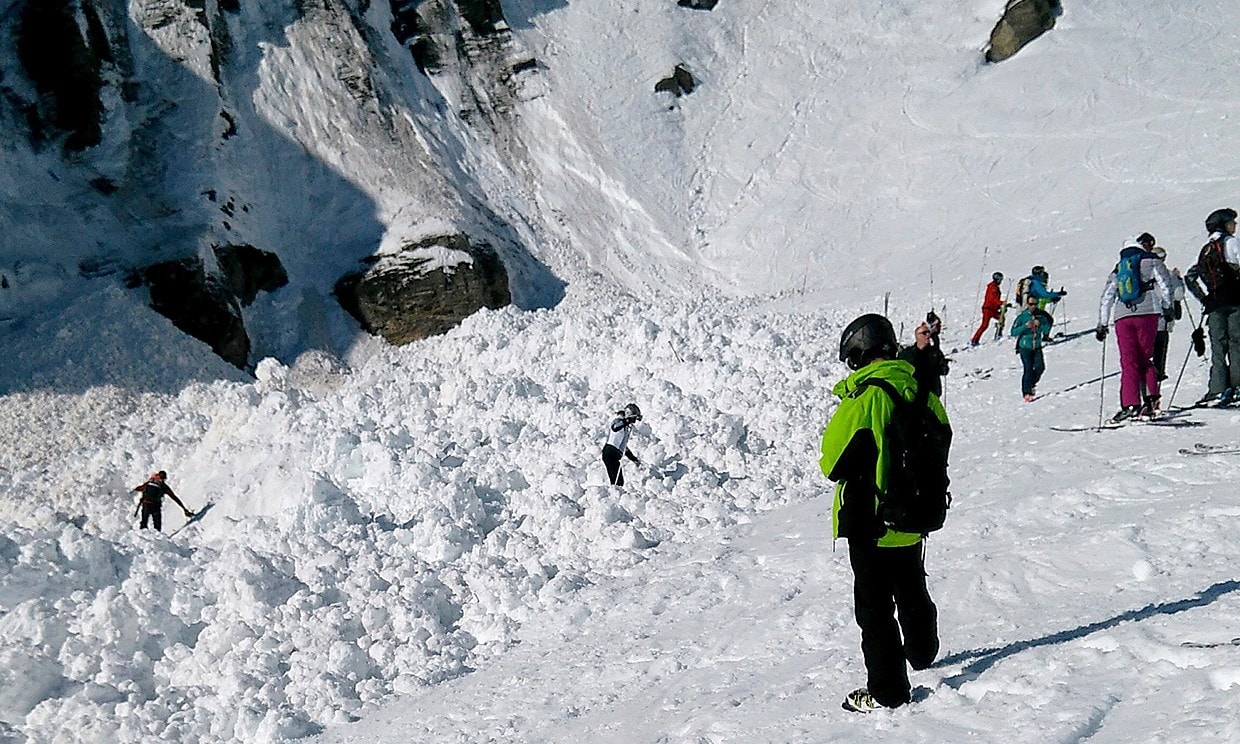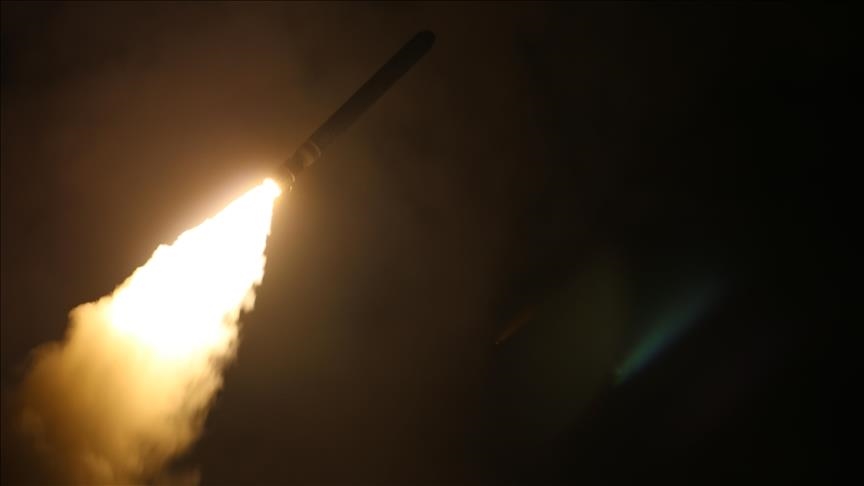By Zoe Dufaux-Tobiano, Year 11
24 million people. This is the amount of Black-Sudanese people that are in need of food. This pervasive issue has been prominent since the First Sudanese Civil War. The war occurred from 1955 to 1972, during a time which the Sudanese Government, who used to only represent the ‘’wealthy part of the population‘’, otherwise known as the North part of Sudan, pushed for the South of the country to be independent. The North part of Sudan has always been known as the ‘’wealthy Arab area‘’, with a GDP of around 109.3B USD, while South Sudans GDP has a value of only 12B USD. Additionally, by considering the second Sudanese Civil War (1983-2005), it can be understood that these events have led to major conflicts between the North and South Sudan.
So, what is happening now?
As previously said, half of the South Sudanese population, or 24 million people, lack food security. But that’s not the worst part: ⅕ of the South Sudanese people are being displaced due to the war, leading to overcrowded shelters and more and more South Sudanese refugees seeking asylum in Chad, with more than 3 million people begging for asylum. In addition, 2,500 people have been killed, while 250,000 people have been displaced. Many reporters that visited South Sudan have said that their lives were at threat. In a testimony of Laetitia Bader, a human right workers, she states how: ‘’The first impression I got was a community of shock. The trauma was almost culpable’’. Considering the current food situation in South Sudan, a reporter explained, ‘’In Darfur, I met a women who was barely surviving, eating one meal of boiled leaves a day’’. This shows the instability in Sudan, also demonstrating the negative effects of war, famine, or of just generally an unstable government.
However, the fact that the South Sudanese people do not have access to food is not an accident. According to an article from the Economist, Sudanese Arabs are purposely delaying the food shipments, using it as a weapon to weaken the South Sudanese. This has caused around 1.5 million people to be in a state of famine, not just food stress. In addition to the 1000 Black Sudanese people who were beaten and killed, many women were raped, and many houses burnt by the Arab Rapid Support Forces- otherwise known as the paramilitary force controlled by the Sudanese government. Moreover, due to the corruption of power in the country, the president Salva Kiir Mariadit no longer possesses power or legitimacy. Adding on to these complications, South Sudan has huge oil reserves. Consequently, due to the current situation, the oil prices in South Sudan have increased to an extremely high price. Specifically for the locals, who would need a month’s worth of salary to be able to purchase some oil (just for reference, a doctor gets a monthly salary of between 15 US Dollars to 30 US dollars ). In short, Sudan is facing various prevailing issues which are extremely difficult to resolve.
This, along with the many other atrocities occurring around the globe, should remind us to be grateful of our access to good quality nutrition and our privilege to an organised, democratic government. But it should also remind us that we need to help South Sudan, either through taking direct action or by raising awareness on this issue through the media.
Sources:
https://www.nrc.no/news/2024/november/sudan-world-ignores-countdown-to-famine
https://www.nrc.no/news/2024/november/sudan-world-ignores-countdown-to-famine
https://www.hrw.org/news/2023/06/02/interview-stories-abuse-suffering-people-fleeing-fighting-sudan



